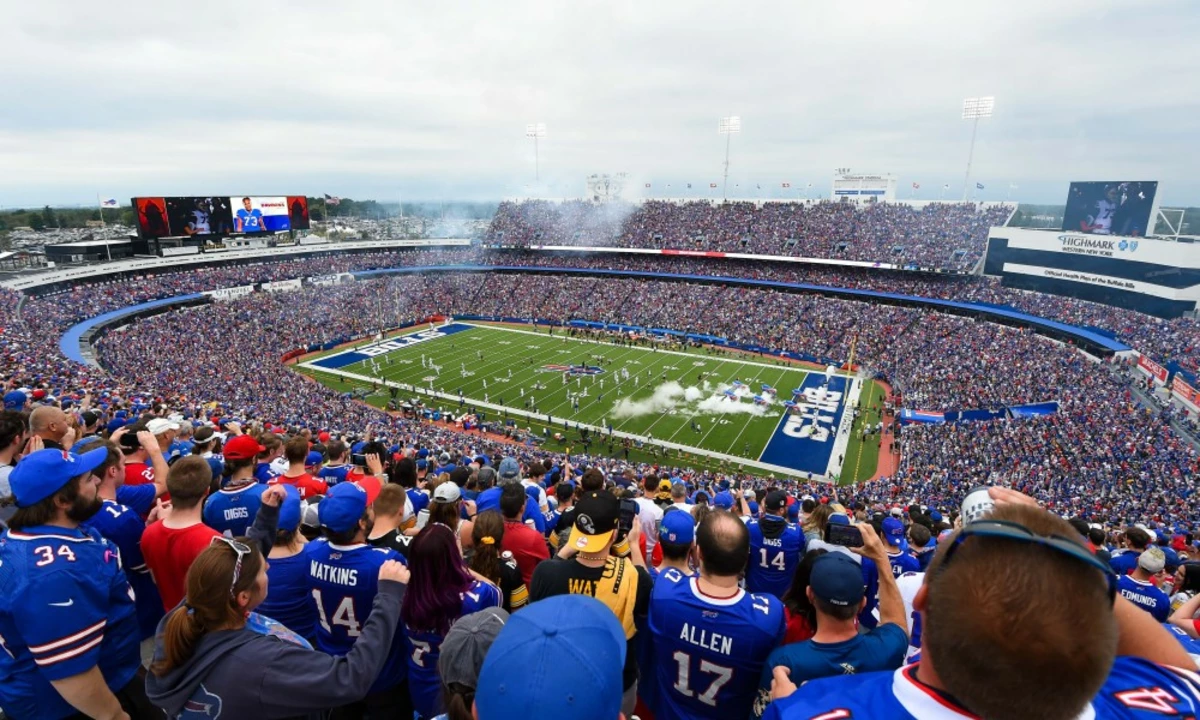Sports Overview
When we talk about Sports, physical games and competitions that test skill, endurance, and teamwork. Also known as athletics, it brings people together in stadiums, parks, and online forums. NFL, the professional American football league that draws millions of viewers each week. Also called National Football League, it sets the rhythm for a large chunk of sports broadcasting. A typical season, the scheduled series of games that determines a champion. Also referred to as regular season, it defines how fans plan their calendars.
Why the Season Length Matters
Sports fans often wonder why the NFL season feels short. The answer lies in a balance of excitement and safety. Player safety, the set of protocols and rules that protect athletes from injury. Also known as injury prevention, it drives many scheduling decisions. Because the league wants athletes to stay healthy, it limits games to 16 regular‑season matchups plus a handful of preseason contests. Fewer games mean more recovery time, which keeps star players on the field longer and lets teams field competitive rosters. The short window also creates a sense of urgency: every game feels crucial, making each broadcast a must‑watch event. This dynamic influences everything from ticket sales to fantasy league strategies, showing how Sports strategy and business intersect.
Looking ahead, the collection below dives into topics that shape the world of sports today. You’ll find analysis on how schedule tweaks affect fan engagement, what new safety tech means for the next generation of players, and why other leagues mimic the NFL’s approach. Whether you’re a casual viewer, a backyard player, or someone who follows league politics, these pieces give you the context you need to enjoy the games smarter. Let’s get into the articles and see how the ideas we just covered play out across the field.



